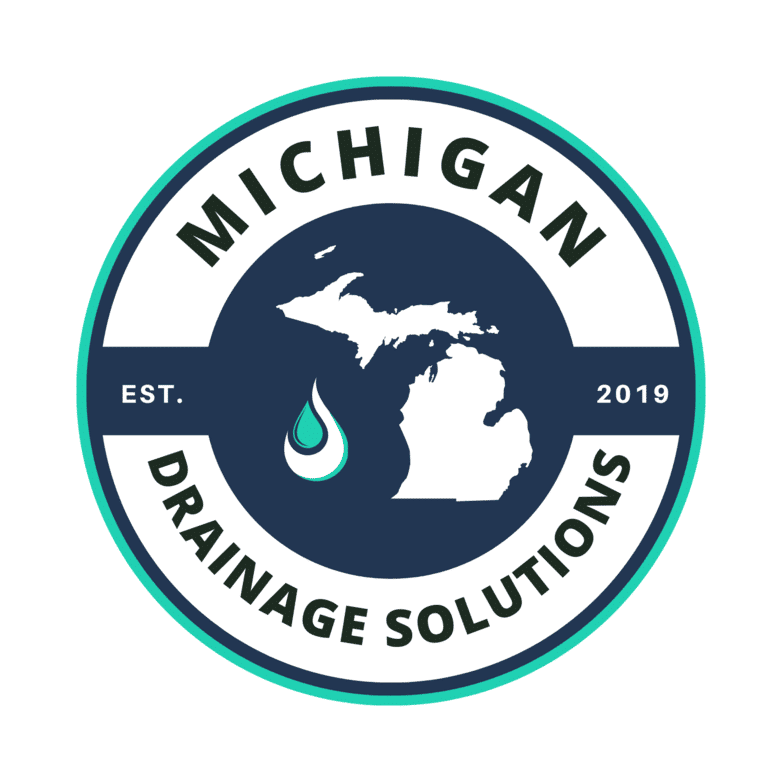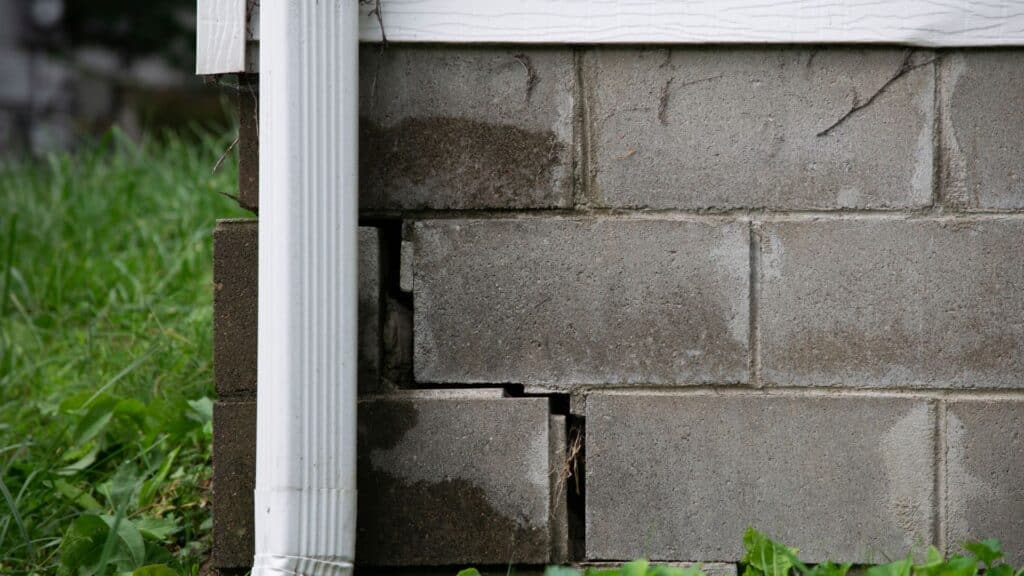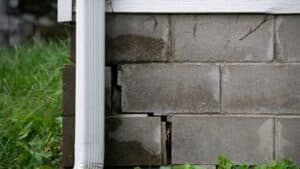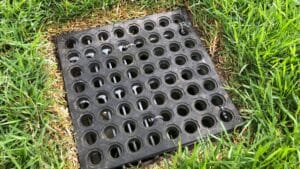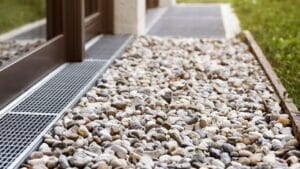Proper drainage around your home is more than just a landscaping concern—it’s essential to protect your property’s foundation. Poor drainage can lead to serious structural problems, costly repairs, and even compromise the safety of your home. Understanding how water interacts with your property is the first step in preventing damage.
Poor Drainage Can Cause Foundation Damage
When water is allowed to pool near your home, it increases hydrostatic pressure on the foundation walls. This pressure can cause cracks in both the walls and the basement floor. Over time, even small cracks can expand, allowing water to seep into your basement or crawl space. Not only does this create an inconvenient and potentially hazardous environment, but it also increases the risk of mold and mildew growth, which can affect indoor air quality and pose health risks to your family.
Soils
Soil type around your property also plays a significant role. Clay soils, which are common in many parts of Michigan, expand when wet and shrink when dry. This constant movement can shift your foundation, leading to uneven settling, cracks, and structural stress. Poor drainage exacerbates this problem by keeping the soil around your foundation consistently saturated, accelerating damage over time.
Gutters and Downspouts
Gutters and downspouts are critical components in directing water away from your home. Clogged or improperly installed gutters can allow rainwater to overflow and pool around the foundation. Similarly, downspouts that discharge water too close to your home can undermine the soil, causing erosion and destabilizing the foundation. Regular maintenance and proper extension of downspouts are simple steps that can prevent significant water damage.
Landscaping
Landscaping choices also impact drainage. Grading that slopes toward the home, compacted soil, or excessive hardscaping can prevent water from naturally flowing away from the foundation. Installing solutions such as French drains, swales, or proper grading ensures that water moves away from the home instead of seeping toward it.
Why It Costs To Ignore Poor Drainage Issues
Ignoring drainage issues can lead to costly repairs. Foundation cracks often require professional intervention, which can range from sealing small cracks to extensive underpinning for major structural damage. Additionally, water intrusion can damage flooring, drywall, and personal belongings in your basement. Preventive drainage solutions are far more cost-effective than repairing foundation damage after the fact.
Final Thoughts
In conclusion, poor drainage around your home is not just an aesthetic problem—it’s a serious threat to your foundation and overall property integrity. From water pooling and soil movement to structural stress and mold growth, the consequences of ignoring drainage problems can be severe. Homeowners in Michigan and beyond should take proactive steps to maintain proper drainage, including regular gutter maintenance, correct grading, and the installation of professional drainage solutions. By addressing water management early, you can protect your home, prevent costly repairs, and ensure a safe, dry living environment for years to come.
